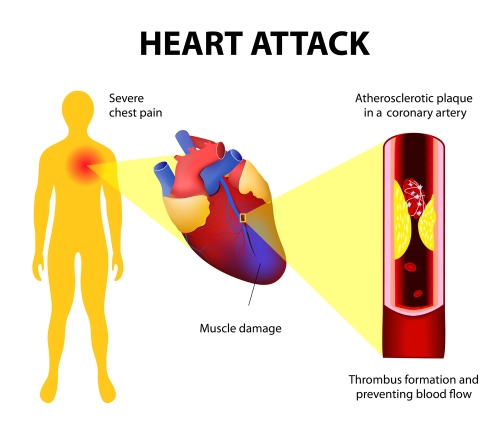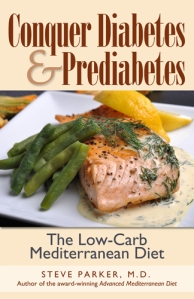
Yet another epidemiologic study supports the contention that the Mediterranean diet reduces cardiovascular disease. The higher the adherence to the Medi diet, the less cardiovascular disease over the next 20 years. I scanned the report down to the Discussion section and, surprisingly, didn’t catch their definition of cardiovascular disease. It usually refers to heart attacks, strokes, angina, congestive heart failure, and hypertension. Some would include aneurysms. The study at hand was done in Greece. You can read the whole thing.
Abstract
Background and aims
Only few studies have assessed longitudinal dietary trends in relation to cardiovascular disease (CVD) risk. We aimed to evaluate the association between adherence to the Mediterranean diet, both baseline and longitudinal, and 20-year CVD incidence.
Methods and results
This was a prospective study among 1988 Greek adults (50% men, age: 45 ± 14years). Adherence to the Mediterranean diet was evaluated at baseline and 10 years through the MedDietScore, based on which longitudinal Mediterranean diet trajectories were identified. CVD incidence was recorded at 20 years. Each one-unit increase in baseline MedDietScore was associated with an 8% reduction in 20-year CVD incidence. Compared to subjects in the lowest tertile of baseline MedDietScore, those in the highest exhibited a 44% lower 20-year CVD risk (relative risk: 0.56, 95% confidence interval: 0.32, 0.97) adjusted for age, sex, baseline body mass index, smoking, physical activity, presence of hypercholesterolemia, hypertension and diabetes mellitus, and family history of CVD; further adjustment for high-sensitivity C-reactive protein, uric acid and estimated glomerular filtration rate attenuated this association. Results were similar in models adjusted for longitudinal changes in body weight, physical activity and smoking, and 10-year medical status. Mediterranean diet trajectory analysis revealed that 24.7%, 8.6%, 45.8% and 20.9% of participants longitudinally sustained a low adherence, moved closer, moved away or sustained a high adherence, respectively; among those, the corresponding CVD incidence was 63.3%, 65.5%, 28.1% and 9.4% (p-value<0.001).
Conclusion
The Mediterranean diet offers long-term protection against CVD, part of which is mediated by inflammation, uricemia and renal function.
Steve Parker, M.D.
PS: The study is in Nutrition, Metabolism & Cardiovascular Disease: “Mediterranean diet trajectories and 20-year incidence of cardiovascular disease: The ATTICA cohort study (2002–2022),” published in January 2024.











